For all the bad rap that they receive, carbohydrates are amongst the most essential nutrients for your body and mind. They are classified as one of three components that your diet must have, along with fat and proteins. But their bad reputation can be confusing. So what are good carbs and bad carbs?
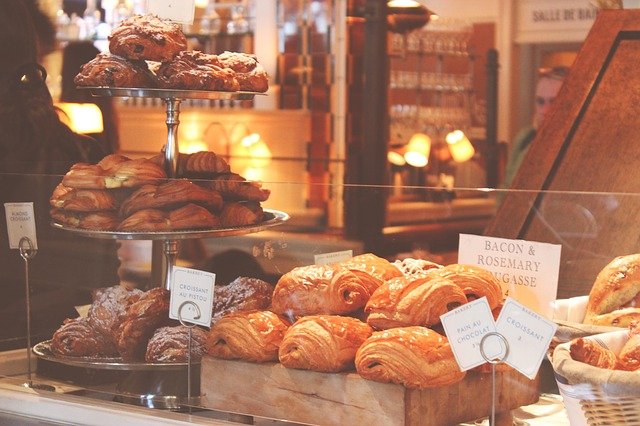
What are carbohydrates?
Carbohydrates are an essential nutrient whose primary function is to provide the body with a steady supply of energy. They do this by producing glucose, the main source of energy for the human body.
Carbs are present in all fruits, grains, sugar-laden foods and vegetables. You can eat practically any food to consume carbohydrates but it is best to choose sources that give you the right type. That’s why it is important to know what are good carbs and bad carbs.
It is also important to ask: Are carbs good for weight loss in the long run? Most diets will tell you they are not.
The right kind are those which are healthy and full of fibre and nutrients. The unhealthy carbs offer empty calories without any nourishment. If you focus on consuming good ingredients, you can enjoy the health benefits and not have to spend all day calculating which carbs are good for weight loss.
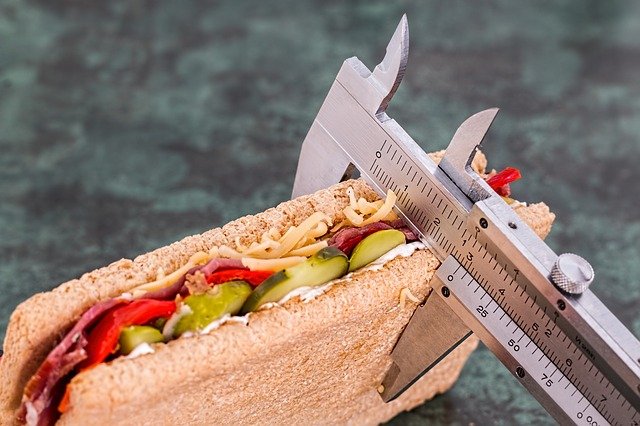
Are carbs good for weight loss?
Most diets advise you to avoid carbohydrates but the truth is that eating the right kinds can help manage weight because carbs are actually good for weight loss. This is largely because they have a high fibre content and will keep you full for longer, reducing cravings and the urge to snack. After all, what are good carbs but a source of nutrients packed into a carbohydrate-dense food?
When you are trying to drop some weight, you’ll find yourself wondering: Are carbs good for weight loss? You may end up trying out fad diets or denying yourself certain food groups. Choosing the right sources of carbohydrates will help make up for some of the vitamin and mineral deficiencies which may arise from dieting.
From this, it is obvious how important all macronutrients are to overall health. Instead of trying to figure out which are the carbs good for weight loss why not choose the right sources to ensure vitality and well-being? When consumed in the right proportions and the right quantities, they will provide the body and mind with much-needed energy in the form of glucose to power through the day. Stick to consuming a higher proportion of the healthy sources and avoid or reduce your consumption of the unhealthy sources.
How to eat more good carbs and avoid bad carbs
If you are confused about which foods to choose to make sure you get enough good carbohydrates, these tips might come in handy:
Choose fruit and veggies
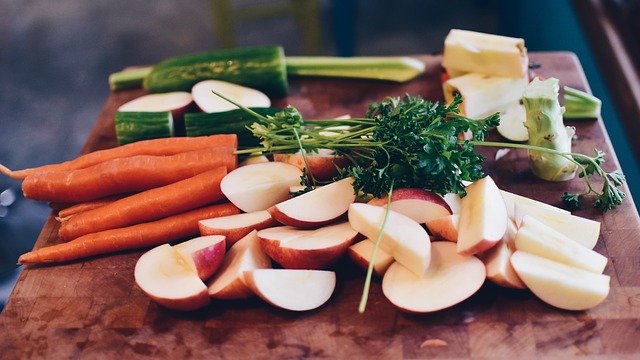
There is not a single fruit or vegetable which does not contain fibre. The amounts might vary but they are all loaded with carbohydrates, fibre and essential nutrients. Aim for fresh, ripe fruit and veggies, but frozen is the next best option – as long as they are in their natural state and not processed with sugar, salt or fats.
Reduce sugar
Sugar is classified as a bad carbohydrate because it is a source of empty calories and has no nutrients or fibre value. A small amount of sugar in an otherwise healthy diet is not a cause for concern but there is certainly no benefit from its consumption. Avoid excessive sugar in free form (in your tea and coffee) as well as the massive amounts of sugar that are present in most processed foods.
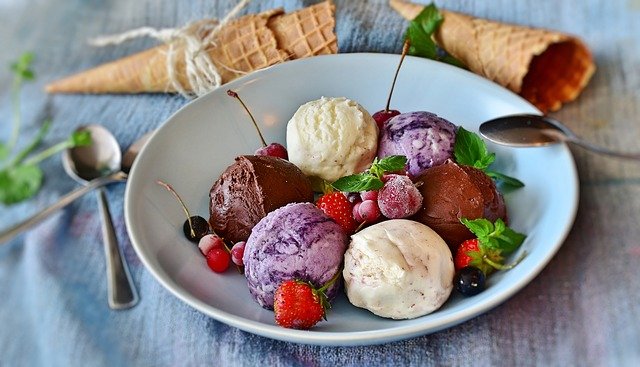
Eat more whole grains
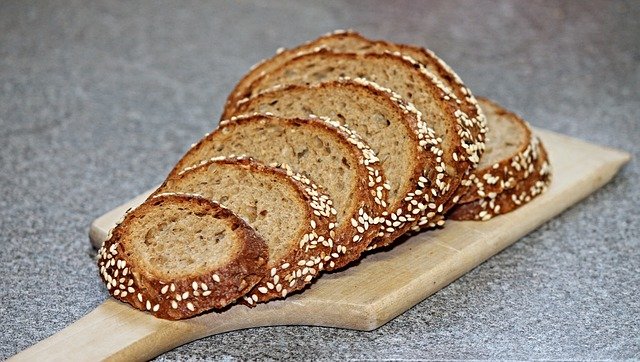
Whole grains (such as barley and brown rice) fall under the category of carbs good for weight loss. They are brimming with fibre and nutrients and offer multiple benefits to you. Refined and processed grains like wheat flour and white rice are considered bad carbohydrates because most of the fibre and essential nutrients have been removed.
Include legumes in your diet
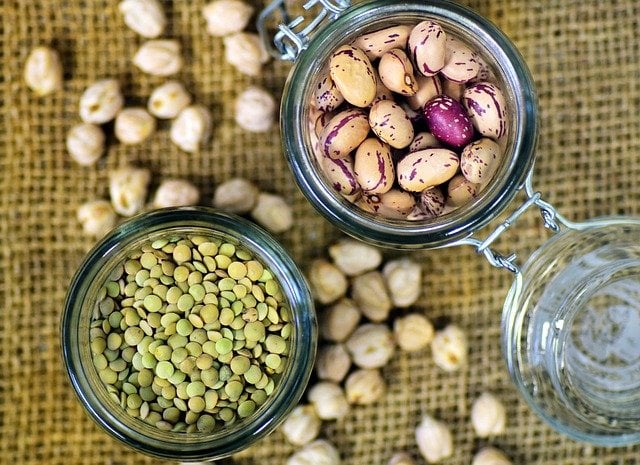
Legumes include peas, lentils and beans. If you’re wondering what are good carbs, legumes are always a safe bet. They are very versatile and can be adapted to most recipes and cuisines, but more importantly, they are packed with nutritious goodness, have low fat and high fibre, and are full of vitamins and minerals.
Identifying what are good carbs and bad carbs in your kitchen
Choose these veggies:
- Onions
- Mushrooms
- Cauliflower
- Celery
- Eggplant
- Garlic
- Sweet potato
- Carrots
- Dark leafy greens
- Peas
- Broccoli
- Zucchini
- Cabbage
Potatoes (when eaten without the skins) are considered bad carbohydrates.
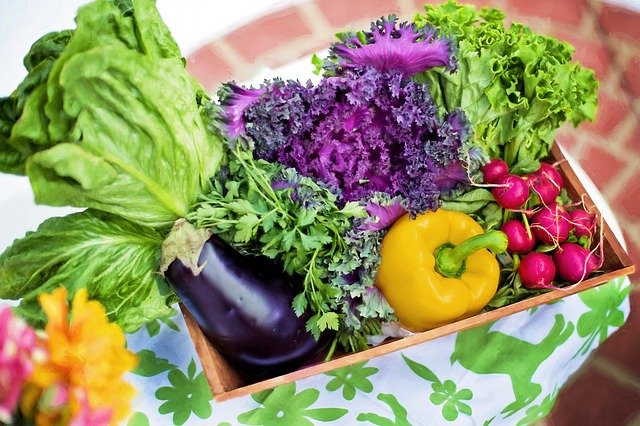
Choose these fruit:
- Kiwi
- Grapes
- Plums
- Peaches
- Pineapple
- Berries
- Mango
- Citrus fruits
- Papaya
- Banana
Avoid these fruits:
- Fruit juices without the pulp
- Dried fruits
Choose these grains:
- Oats
- Quinoa
- Millet
- Whole wheat
- Brown rice
- Sprouted grains
- Bran
- Amaranth
Avoid these grains:
- Quick oats
- Pasta
- Corn
- Cereals
- White flour
- Baked goods
- White bread
- Couscous
- Cream of wheat
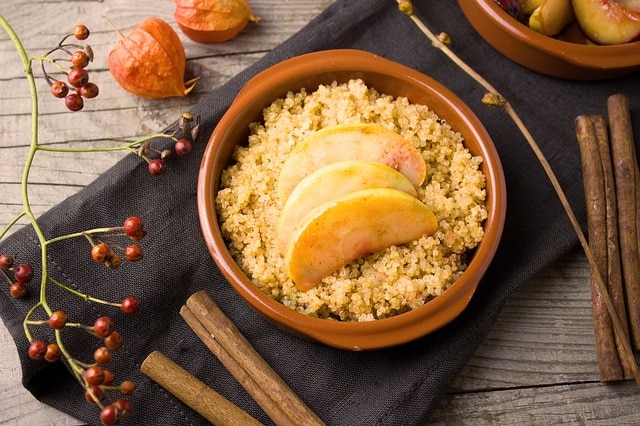
Choose these nuts:
- Walnuts
- Peanuts
- Cashews
- Almonds
- Sesame seeds
- Pecans
- Lima beans
- Sunflower seeds
- Pumpkin seeds
Avoid these nuts:
- Candied or sugar-coated nuts
- Honey-roasted nuts
- Nut butters with added sugars
Choose these dairy foods:
- Whole milk
- Butter
- Cream
- Sour cream
- Cheese
- Homemade yogurt
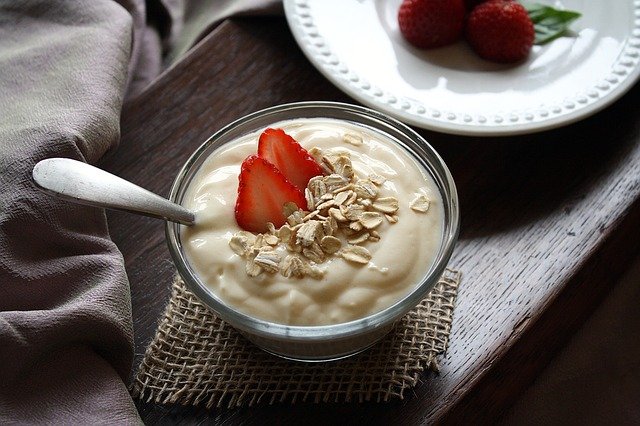
Avoid these dairy products:
- Skimmed milk
- Ice cream
- Store-bought chocolate milk
- Store-bought yogurt
Recommended quantities for good carbohydrates
On average, you should be getting about 45-65% of your total caloric requirements from carbohydrates, and most of that should be from the right kind. This is why it is important to know what are good carbs.
A diet lacking in carbohydrates may deprive you of the energy you need to maintain your best physical and mental health. In addition to energy, carbohydrates give you the minerals and vitamins you need and without them, you may develop deficiencies.
When you eat too much carbohydrate-heavy food, your body cannot use the excess energy and it is converted to fat. This is why carbohydrates are said to cause unhealthy weight gain.
What are good carbs and bad carbs and how do I tell them apart?
If you are confused, know that good carbs are complex carbohydrates that provide you with a steady flow of energy and a high amount of nutrition. They come from sources like wholegrain bread, bran muffins, brown rice or nuts and seeds. These foods will keep you full for a long time so you don’t have to eat large quantities of them.
Bad carbs are refined carbohydrates that are full of sugar and salt and lacking in nutrients. They satiate hunger pangs for a short while, but you have to eat more of them to keep your hunger at bay.

The nutritional value of carbohydrates is measured by the Glycemic Index (GI) of the food or the rate at which the carbs are converted to glucose. This measures how quickly a food provides energy.
What are good carbs when it comes to GI value? Low GI foods are good for you because they are digested slowly with their glucose (energy) releasing over a few hours. Low GI foods are harder for the body to break down and keep you feeling full for longer.
High GI foods are bad carbohydrates that are digested fairly quickly and lead to spikes in your blood sugar levels. Slow digestion is better for your health and well-being (particularly if you have diabetes and require regulated blood glucose levels).
However, when it comes to deciding what are good carbs and bad carbs, you cannot base your distinction on the GI alone. You must look at the nutritional value as well because low-GI junk food is still junk.
Meal planning for good carbohydrates
Try these meal ideas to get more good carbohydrates in your diet:
- Lentils and brown rice
- Quinoa salad with chopped veggies, walnuts, cranberries
- Wholegrain noodles with stir-fried beef
- Chickpea curry with cauliflower rice
- Jacket sweet potatoes with sour cream
- Nuts covered in dark chocolate
- Vegan ice cream made from coconut milk
- Frozen yoghurt made from frozen bananas
- Almond or oat flour cookies
Making your own meals and snacks is the easiest way to ensure you’re getting the right carbohydrates, without extra additives.
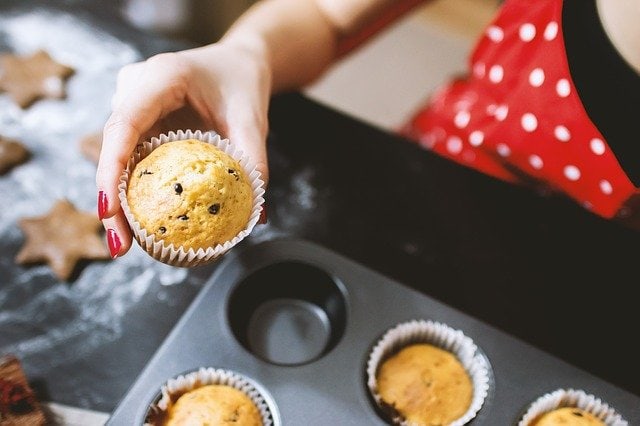
Try these tips for eating the right carbs:
- Replace all-purpose flour for baking with oat flour, spelt, or almond flour
- Avoid buying processed snacks and pre-packaged meals
- Make a list of ingredients that offer good carbs and stock up on those
- Add more veggies to your plate to replace bread or potatoes
- Experiment with sauces and herbs to add flavour and interest to your meals
Find out more about vegan food in our article.
Are carbs good for weight loss?
Before deciding on the association between carbs and weight, it is important to understand that carbs are essential for health. The value of carbs to general well-being should not be underestimated.
Have you ever noticed how you crave comfort food when you are ill? Most comfort foods tend to be buttered toast, pasta, potatoes and other high-carb foods because they are easy to digest and provide us with enough energy to last through the day. This is why carbs are vital for your body: to ensure you have enough fuel to power through your daily activities.

Carbs provide the brain and the muscles with energy in the form of glucose so you must focus less on weight gain or loss and more on eating enough of the good carbs to stay active and fit. If you have energy, your fitness routines and exercise sessions are more active and effective.
The effect of carbs on weight depends on the type of carbs you consume. Carb-rich foods such as whole grains are great reservoirs of energy. They take time to break down and keep you feeling full longer while providing a steady flow of energy. When consumed in the right amounts, good carbs will help you lose belly fat. They also provide you with fibre which keeps weight in check as well as lowering the risk of heart diseases and diabetes by regulating blood sugar spikes and lowering cholesterol.
Low-carb diets and long-term health
When it comes to the question – are carbs good for weight loss? – the debate rages on. The widely held belief is that carbs result in weight gain and that cutting down on carbs helps weight loss. However, eating the right kind of carbs can not only control weight but result in healthy weight loss.
Now that you understand what are good carbs and bad carbs, you will see how good carbs can result in better weight management. They also act as a food source for the good gut bacteria which is known to regulate weight.
Low-carb diets tend to focus on restricting carbohydrate-rich foods to reduce calories and boost weight loss. These diets restrict carbs from fruits, breads, grains, dairy and starchy vegetables but many of these are good carbs.
We put on weight when we consume more calories than our bodies need. If your body doesn’t burn it, it stays on you as fat. Reducing carb consumption is only healthy if you reduce bad carbs and eat enough good carbs to keep your body energetic and fit.

In a carb-restricted diet, you may have to substitute carbs with protein and fat. This results in certain dietary concerns such as:
- Consumption of excessive saturated fat
- Gut problems because of reduction in the amount of fibre consumed
- Missing out on several antioxidants and phytochemicals found only in carb foods
- Several nutritional deficiencies result from less intake of nutrients and minerals such as folate, vitamin A, magnesium, vitamin E, iron, potassium, calcium, vitamin B6 and thiamine
Health risks of cutting out carbs all-together
Weight loss comes from calorie restriction and exercise. Cutting down on protein, fat and carbs is good for weight loss but not avoiding them altogether.
Cutting out any macronutrient can lead to both short- and long-term health effects. When it comes to cutting out carbs, you may see rapid weight loss. But how healthy is it?
When you stop carbs altogether, the body begins to use energy from glucose and glycogen stores. Most of this weight loss is in the form of water and not fat because the body uses water to tap into these reserves. Over time the body begins to use fat, releasing ketones which result in an acidic body and numerous metabolic changes. All this leads to certain short-term effects such as:
- Unexplained tiredness
- Appetite loss
- Vomiting and nausea
- Mental fogginess and dizziness
- Dehydration
- Constipation
- Halitosis i.e., bad breath
Long-term side effects may include:
- Gastrointestinal issues such as the restriction of fibre from fruits and veggies increase the chances of constipation
- Kidney issues because of the lack of water and electrolytes from carb-rich foods
- Dietary issues such as the ‘yoyo’ effect where you lose weight initially but end up piling on even more over a longer period
- Osteoporosis due to loss of minerals and vitamins from reduced consumption of healthy foods
- Obesity and other related conditions that result from substituting carbs for protein and fat
- Chronic conditions such as diabetes, heart problems and even cancer from excessive consumption of protein and saturated fat to ward off those hunger pangs
- Weight gain due to lack of fibre and consumption of higher fat as a carb substitute
Do not fall for the hype of avoiding carbs because you have heard that they lead to weight gain and can cause diabetes. Carbs are paramount to good health and you need about half of your calories to come from carb-rich foods. It is not carbs that are bad but the kind of carbs you consume that determine the impact on your health.
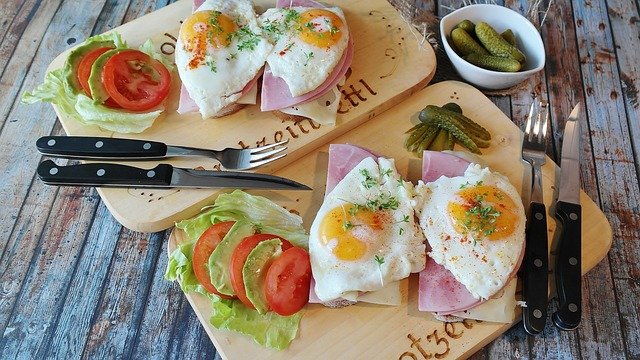
Should I look for a dietician near me for better advice? Do I need a personal trainer to help me achieve my weight goals? Avaana can help with all these questions.



